Cast Partial Denture
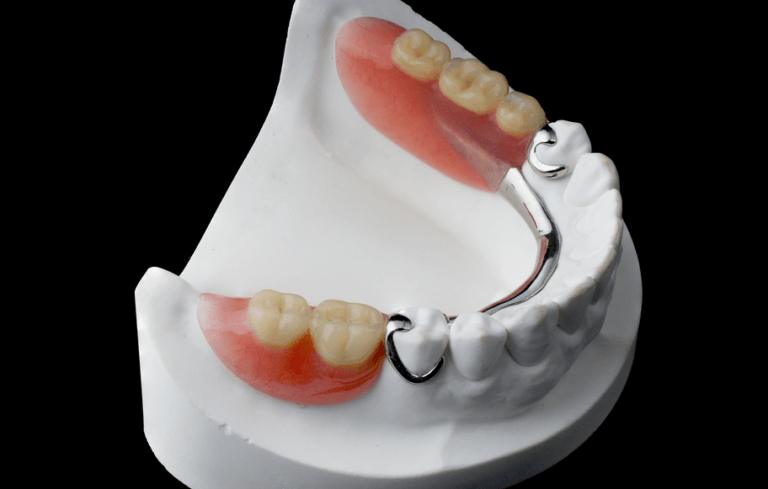
What Are Cast Partial Dentures?
Cast Partial Dentures are a type of removable partial dental prosthesis that serve as a cost-effective and non-invasive solution for individuals missing one or more teeth. Unlike full dentures, which replace all of the teeth in one or both dental arches, cast partial dentures are used when some natural teeth still remain in the mouth. These partial dentures consist of a metal framework that is carefully crafted to fit around the existing teeth, providing a stable foundation for the acrylic replacement teeth to be attached.
Cast partial dentures are a reliable and time-tested dental solution that effectively restores both the appearance and function of your smile. Before deciding on whether Cast Partial Dentures are right for you, there are some things you should know:
- Who Needs Cast Partial Dentures?
- Benefits Of Cast Partial Dentures
- Alternative Treatments To Cast Partial Dentures
- How Much Does Cast Partial Dentures Cost?
- Steps In The Cast Partial Dentures Procedure
- Frequently Asked Questions About Cast Partial Dentures
If you have any further questions about Cast Partial Dentures or other dental services offered at Atlas Dental, please contact us.

Free Phone Consultation
Have questions about cosmetic dentures for missing teeth? Book a free phone consult with our Toronto dentist

5 star google reviews
Our patients love their cosmetic looking denture smile! See for yourself why patients choose Atlas Dental.

Book a denture appointment online
We make custom fitted dentures to help our patients smile confidently again.
Who Needs Cast Partial Dentures?
Cast partial dentures can be an excellent option if:
- You have missing teeth: Whether you’re missing one or several teeth, these dentures fill gaps, making eating and speaking easier while enhancing your smile.
- You want to preserve your natural teeth: Cast partial dentures support adjacent teeth, preventing them from shifting out of position, which helps maintain your bite and alignment.
- You need an affordable solution: Compared to alternatives like dental implants or fixed bridges, cast partial dentures offer a more budget-friendly tooth replacement option.
- You are not a candidate for dental implants: If dental implants aren’t suitable due to insufficient bone density or medical conditions, cast partial dentures provide a non-surgical solution.
- You need a temporary replacement: If you are undergoing a long-term treatment plan (e.g., dental implants later), these dentures serve as a temporary fix.
It’s essential to consult with a qualified dentist to determine if a cast partial denture is the right choice for your specific dental needs. If you have further questions about cast partial dentures, please contact us.
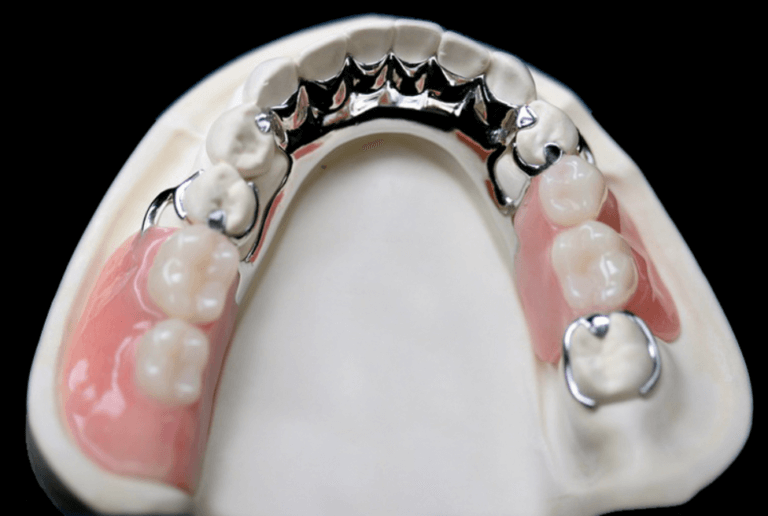
Benefits Of Cast Partial Dentures
Why should you consider cast partial dentures? Here are the top benefits:
- Natural-looking: These dentures are custom-made to blend seamlessly with your natural teeth, giving you a confident, attractive smile.
- Improved chewing and speech: Missing teeth can make chewing difficult and affect your speech. Cast partial dentures restore function, allowing you to enjoy meals and speak clearly.
- Durability: The metal framework ensures that these dentures are strong enough to withstand daily use.
- Comfortable fit: They are tailored to your mouth, ensuring comfort and preventing irritation.
- Non-invasive procedure: Unlike dental implants, no surgery is needed to fit cast partial dentures.
- Cost-effective: They are a more affordable alternative to implants or bridges.
Cast partial dentures offer a host of advantages that make them a practical and efficient solution for tooth replacement. If you have further questions about Cast Partial Dentures, please contact us.
Alternative Treatments To Cast Partial Dentures
If cast partial dentures are not the right option for you, here are some alternatives to consider:
- Acrylic Partial Denture: A cost-effective solution with a pink acrylic base that holds replacement teeth. These are often a temporary option and less durable than other choices.
- Single Tooth Denture (Flipper): A removable, affordable option for replacing a single tooth. While convenient, flippers lack the stability and longevity of other treatments.
- Essix Denture: Clear, removable plastic appliances that fit over existing teeth. They are discreet but primarily suited for temporary use.
- Valplast Denture: Flexible, lightweight, and metal-free dentures that adapt to your mouth for comfort and a natural appearance.
- Dental Implants: Permanent replacements involving a titanium post and crown, offering the most stability and durability but requiring surgery.
- Dental Bridges: Fixed restorations supported by crowns on adjacent teeth. Reliable but involve altering neighboring teeth.
Each option has unique benefits and considerations. Your dentist can guide you in choosing the best solution based on your needs and preferences. If you have further questions about Cast Partial Dentures, please contact us.
Cost of Partial Dentures
Partial Dentures can range in cost from $474 to 1454 plus dental lab fee, depending on the type of partial denture. Example of denture codes found in the Ontario Dental Association’s Suggested Fee Guide appear as follows:
Dentures, Partial, Acrylic Base (Provisional). (e.g. Single Tooth Dentures, Essix Dentures)
- 52101 – Maxillary: $474 + Dental Lab Fee
- 52102 – Mandibular: $474 + Dental Lab Fee
Dentures, Partial, Polymer, Resilient Retainer. (e.g. Valplast Flexible Partial Dentures)
- 52201 – Maxillary: $695 + Dental Lab Fee
- 52202 – Mandibular: $695 + Dental Lab Fee
Dentures, Partial, Acrylic, With Metal Wrought/Cast Clasps and/or Rests. (e.g. Acrylic Partial Dentures)
- 52301 – Maxillary: $794 + Dental Lab Fee
- 52302 – Mandibular: $794 + Dental Lab Fee
Dentures, Partial, Cast Metal Frame/Connector, Clasps and Rests. (e.g. Cast partial Dentures)
- 53101 – Maxillary: $1454 + Dental Lab Fee
- 53102 – Mandibular: $1454 + Dental Lab Fee
Partial Dentures are sometimes considered a supplementary service by dental insurance plans and may or may not be covered by your dental insurance. Be sure to find out from your dental insurance plan provider how much you are eligible for before going ahead with dental treatment. Your dentist can help you submit an predetermination to your dental insurance. Our fees are consistent with the ODA Fee Guide.
For patients without dental insurance, Atlas Dental is pleased to offer dental financing through iFinance Dentalcard. Affordable payment plans start at 7.95% for terms of 6 months to 6 years. To learn more about Dentalcard dental treatment financing, follow this link.
What Are The Steps In The Cast Partial Dentures Procedure?
Here’s a breakdown of the typical process for getting cast partial dentures:
- Initial Consultation: Your dentist will evaluate your oral health and discuss treatment goals.
- Impressions: Molds of your teeth and gums are taken to design a custom denture.
- Try-In Appointment: Once fabricated, your dentist will check the fit and make any necessary adjustments.
- Final Placement: After final adjustments, the dentures will be fitted and secured in your mouth.
- Follow-Up Visits: Your dentist will monitor the fit and comfort, making any needed modifications.
By working closely with your dental professional, you can achieve a well-fitting and functional cast partial denture that seamlessly integrates with your natural smile. If you have further questions about cast partial dentures, please contact us.
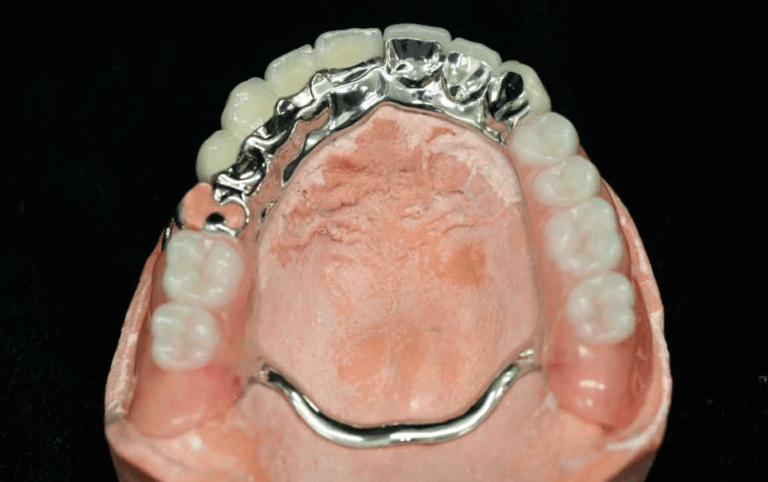
Frequently Asked Questions About Cast Partial Dentures
- What are cast partial dentures made of?
Cast partial dentures are made of a metal framework, typically cobalt-chromium, combined with acrylic to support the artificial teeth. This design provides durability and a comfortable fit.
- How long do cast partial dentures last?
With proper care, they can last 5-10 years or longer. Regular dental checkups can help identify any adjustments or repairs needed to extend their lifespan.
- Can cast partial dentures be adjusted if they don’t fit properly?
Yes, your dentist can make adjustments to improve comfort and fit. It’s important to schedule a follow-up appointment if you experience discomfort or looseness.
- Are cast partial dentures removable?
Yes, cast partial dentures are designed to be removable for easy cleaning and maintenance. Your dentist will show you how to properly remove and care for them.
Cast partial dentures are a durable and effective solution for replacing missing teeth while maintaining oral function. If you have further questions about Cast Partial Dentures, please contact us.
We also think you’ll like…
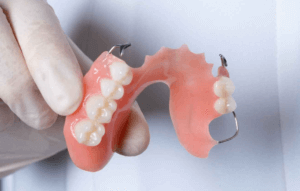
Acrylic Partial Denture
Acrylic Partial Denture What Is An Acrylic Partial Denture? An Acrylic Partial Denture is a removable partial dental prosthetic designed to replace one or more
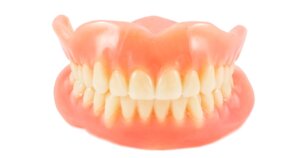
Denture Post-Insertion Instructions
Denture Post-Insertion Instructions Denture Post-Insertion Care: Essential Tips for Comfort and Longevity Getting used to new dentures can take some adjustment, but following proper care
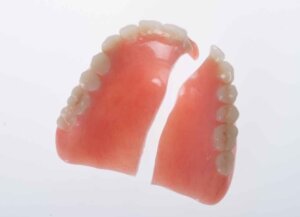
Denture Repair
Denture Repair What Is A Denture Repair? Dentures, or false teeth, serve as replacements for missing teeth and surrounding tissues. Over time, daily use can
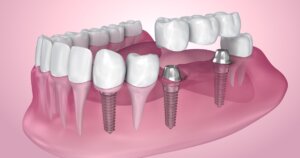
Endosteal Dental Implant
Endosteal Dental Implant What Is An Endosteal Dental Implant? Endosteal dental implants provide a permanent, natural-feeling solution for tooth replacement, effectively restoring the appearance and
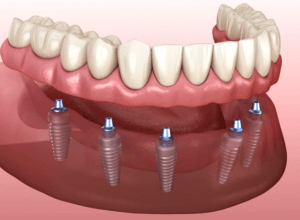
All-On-X Dental Implants
All-On-X Dental Implants What Are All-On-X Dental Implants? All-On-X Dental Implants involve placing a number of strategically positioned dental implants in your jawbone to support
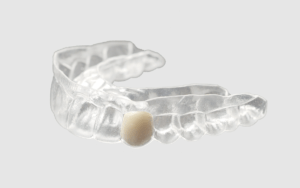
Essix Denture
Essix Denture What Is An Essix Denture? An Essix denture is a removable dental appliance made of transparent or semi-transparent material, often polyethylene or polypropylene.

